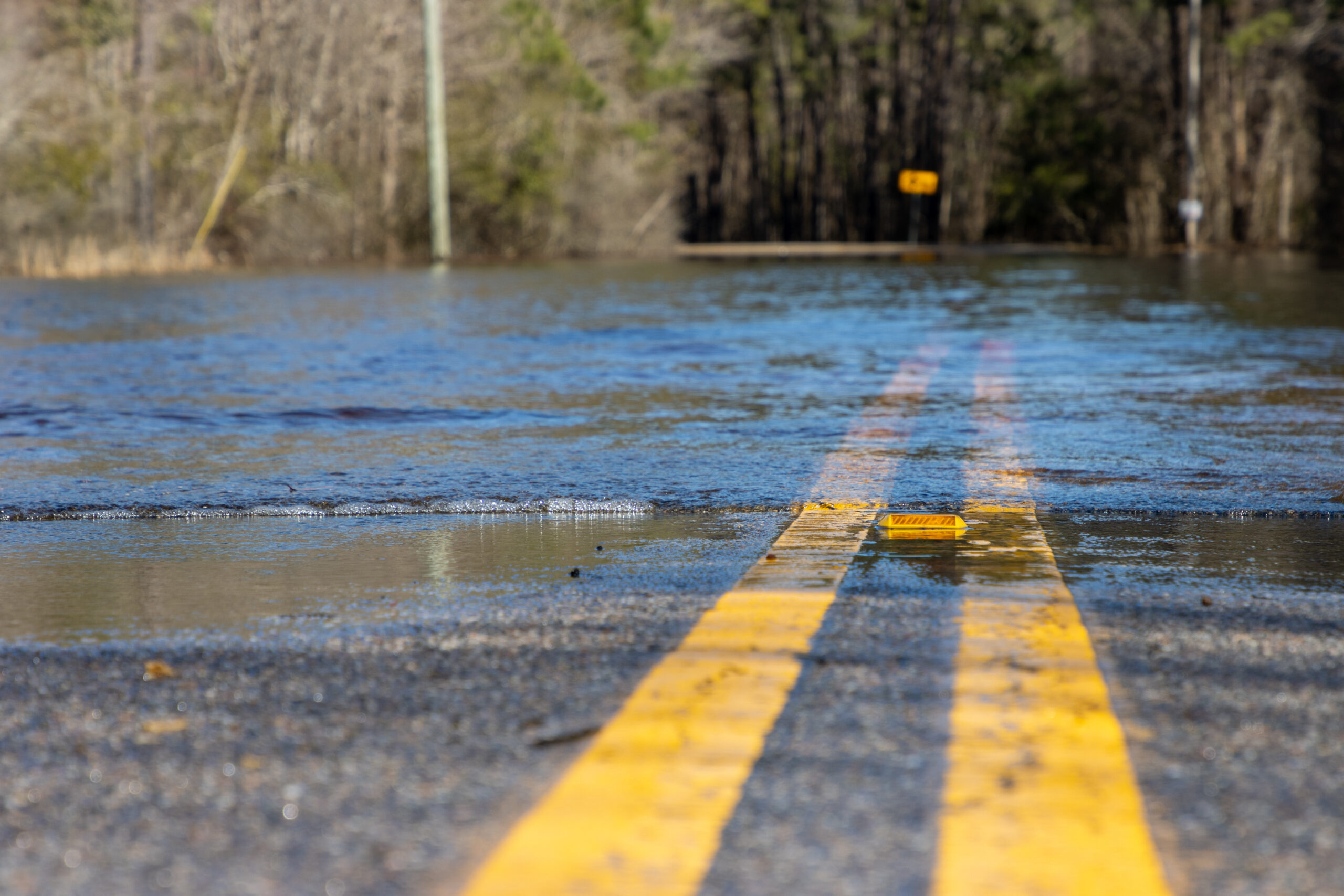The ABCs of Flood Insurance
March 27, 2023
Most property insurance policies don't cover damage to your company's property from flooding. Flood insurance protects you from this financial burden.
Most property insurance policies don't cover damage to your company's property from flooding. Flood insurance protects you from this financial burden.

With record rainfalls in the West, the devastation from flooding is in the news daily.
But flooding has always been a major cause of property damage in the U.S. For natural disasters, floods are one the main source of financial stress to the U.S. government, business owners and residents due to their frequency and size. According to FEMA, each flooding event costs an average of $5 billion.
But there is protection from this financial burden — flood insurance.
Most property insurance policies don’t cover damage to your company’s property from flooding. That’s where flood insurance comes in.
There are two types of flood coverage – commercial contents and commercial building. You can determine whether to buy one or both through either the National Flood Insurance Program (NFIP) or a private carrier.
Flood insurance coverage pays for repairing water damage from a flooding event. Some policies can even cover damage to equipment and machinery outside your commercial building.
According to the U.S. government, the average commercial flood claim in the past five years has been around $89,000. So, it’s important to consider adding flood insurance to protect your business.
The answer is — it depends.
If you have a commercial property loan, your lender will require you carry flood insurance if your property is in a high-risk area. It protects their investment and reduces the risk you’ll default on the loan if you have trouble repairing your property.
You may also need to purchase a flood insurance policy after you receive federal disaster money. The federal agency may refuse future emergency disaster support otherwise.
When excessive rain falls or snow melts, rivers and lakes rise. This can cause flooding, even if the area hasn’t had a flood in decades.
In fact, in the past five years all 50 states have experienced floods. And at least one in four businesses that shuts down from a natural disaster never reopens.
So even if your business isn’t in a high-risk area, flood insurance might be a good bet.
One of The Miller Group’s clients owns a manufacturing facility located outside the flood plain. But because it is near a river, we recommended they buy flood insurance. They purchased a policy for $2.5 million in coverage in January.
That spring, torrential rains flooded the entire area. Due to a backup in the city’s drainage system, the plant flooded, leaving a foot of standing water.
Fortunately, the damage, totaling nearly $2.5 million, was covered by the flood insurance they had just purchased.
Having a separate flood insurance policy also offers advantages after a federal disaster. You can file your claim directly with the insurance company and don’t have to wait for a FEMA grant or a loan.
Flood insurance is typically purchased from the NFIP, which is run by FEMA. You don’t purchase a policy directly from the NFIP, but through authorized agents like The Miller Group.
You might check if a standard carrier will write a separate flood insurance policy for you. In most cases these insurance companies have policies that offer higher damage amounts than the government policies. And sometimes they can have lower premiums.
The cost of your premium depends on several factors, such as:
You can see firsthand the risk of flooding in your area by going to FloodSmart.gov. This site also shows what flood damage is likely to cost you, based on the inches of water and your property’s size.
Talk with your broker to determine if flood insurance is right for you. Your advisor can help you compare the cost of private flood insurance with NFIP coverage. Then you can decide if flood insurance fits your business needs.